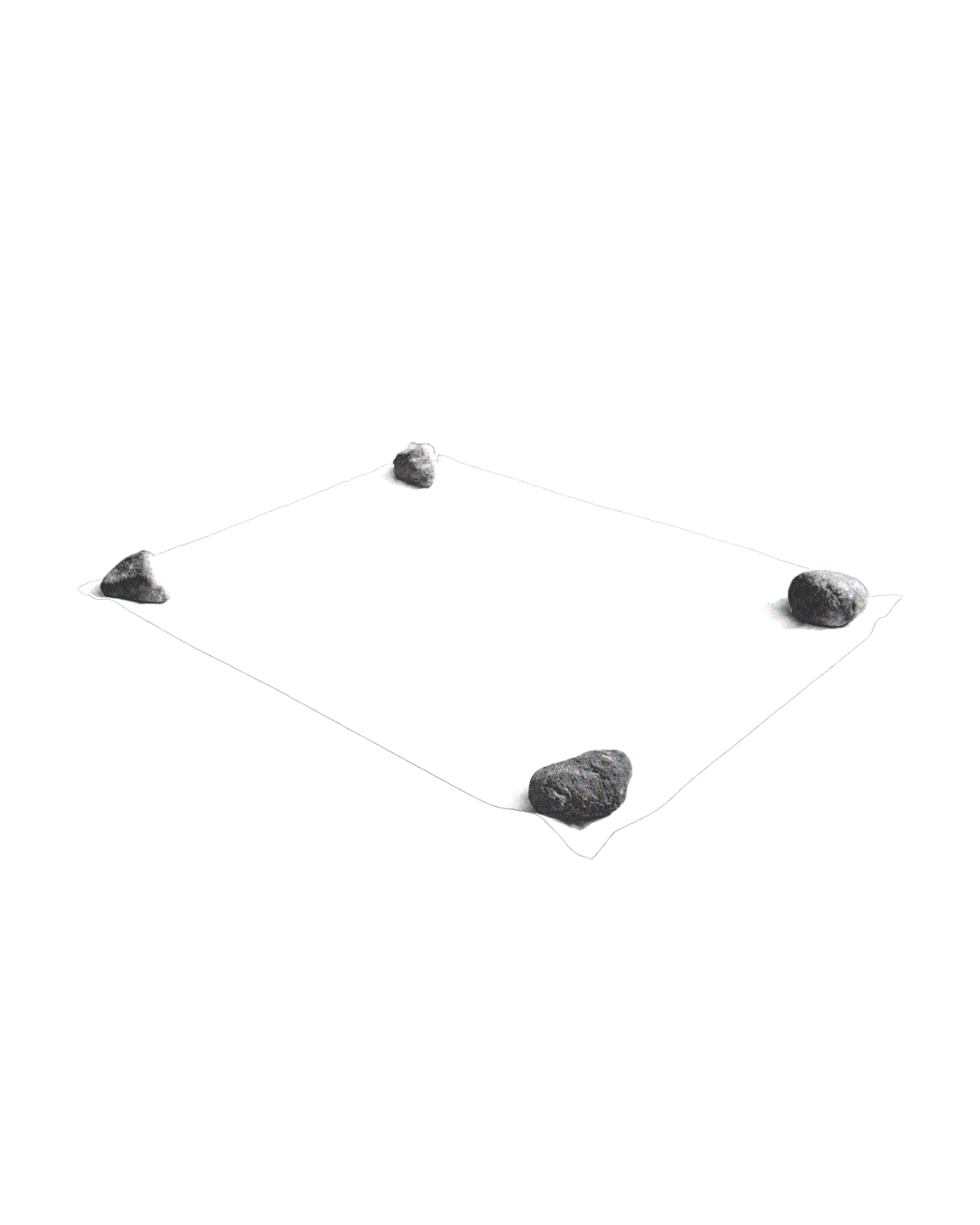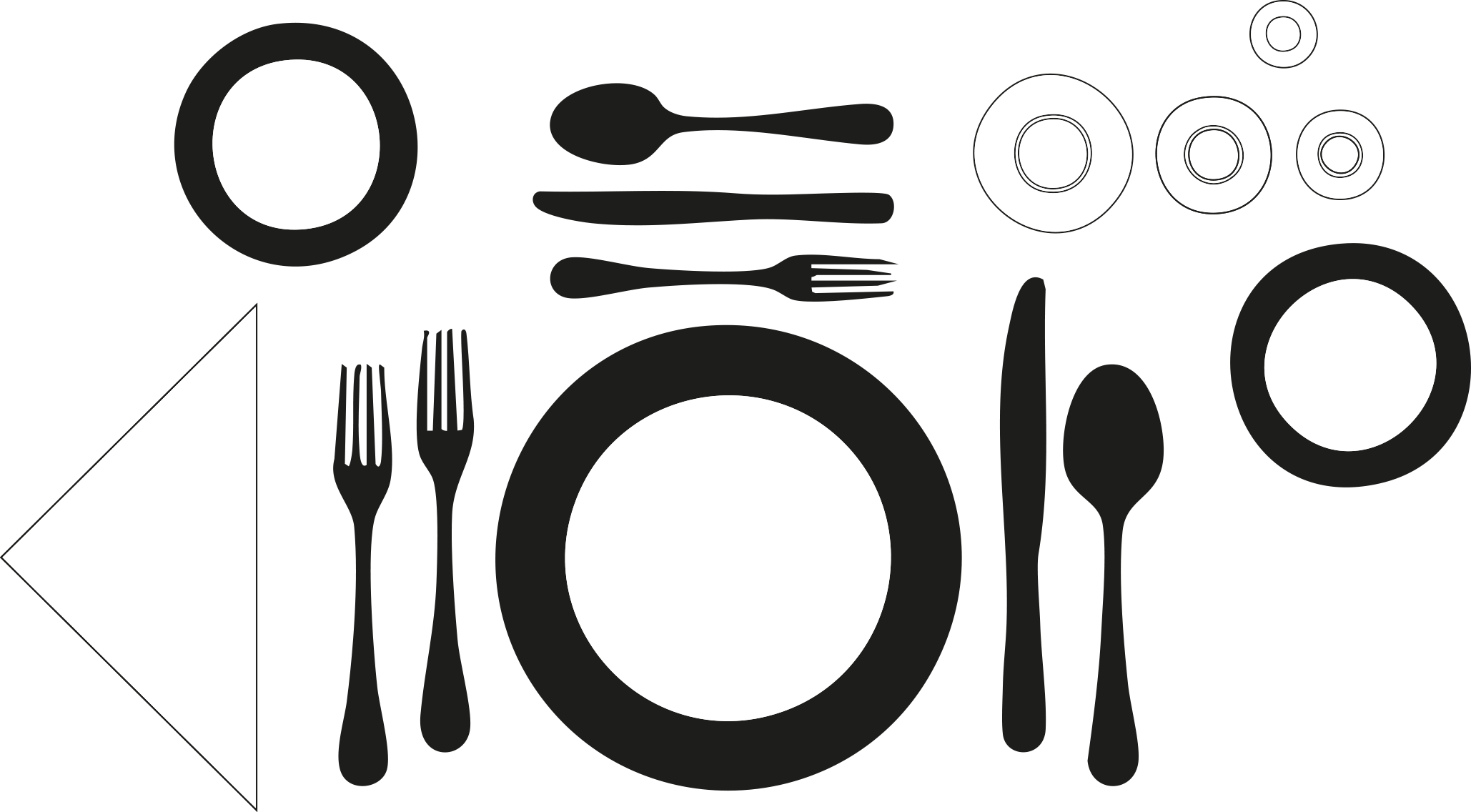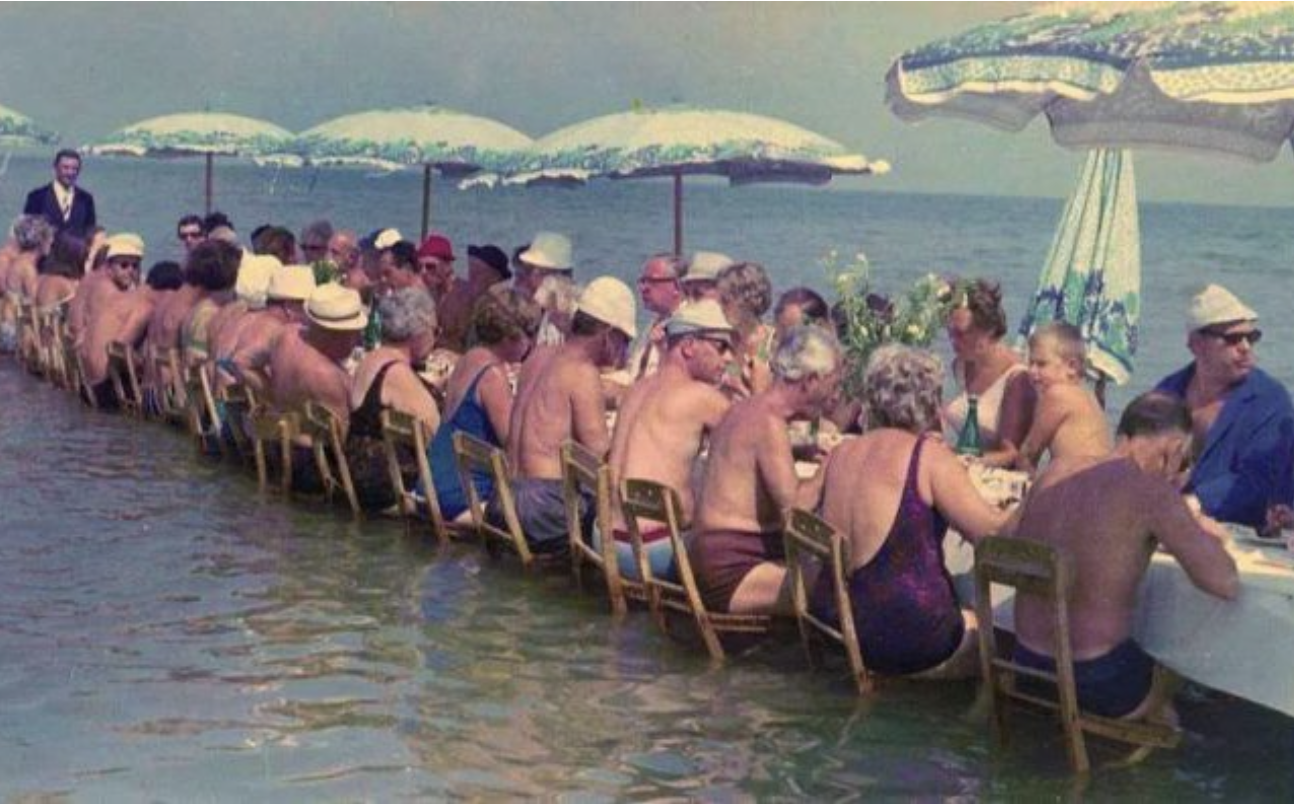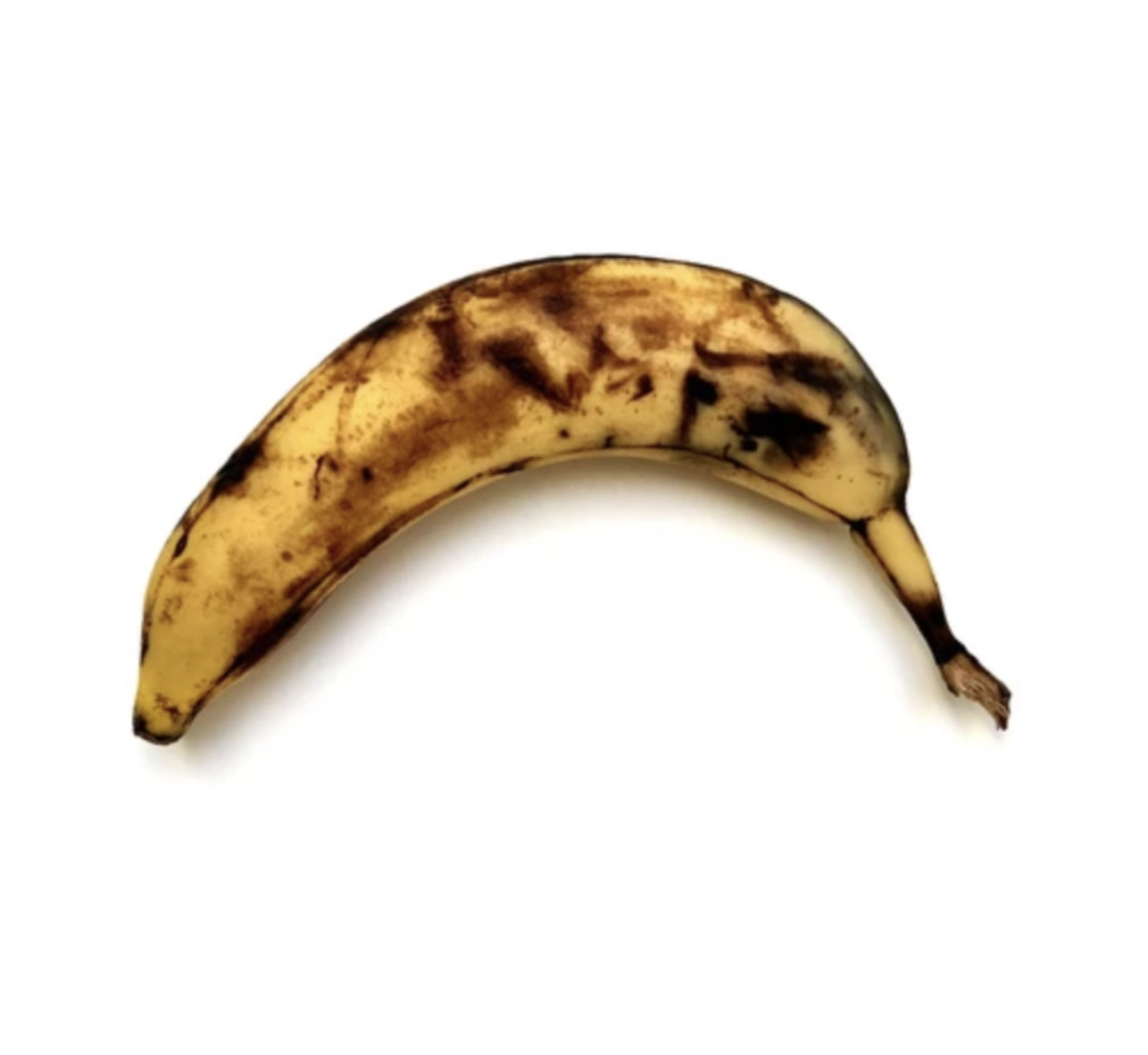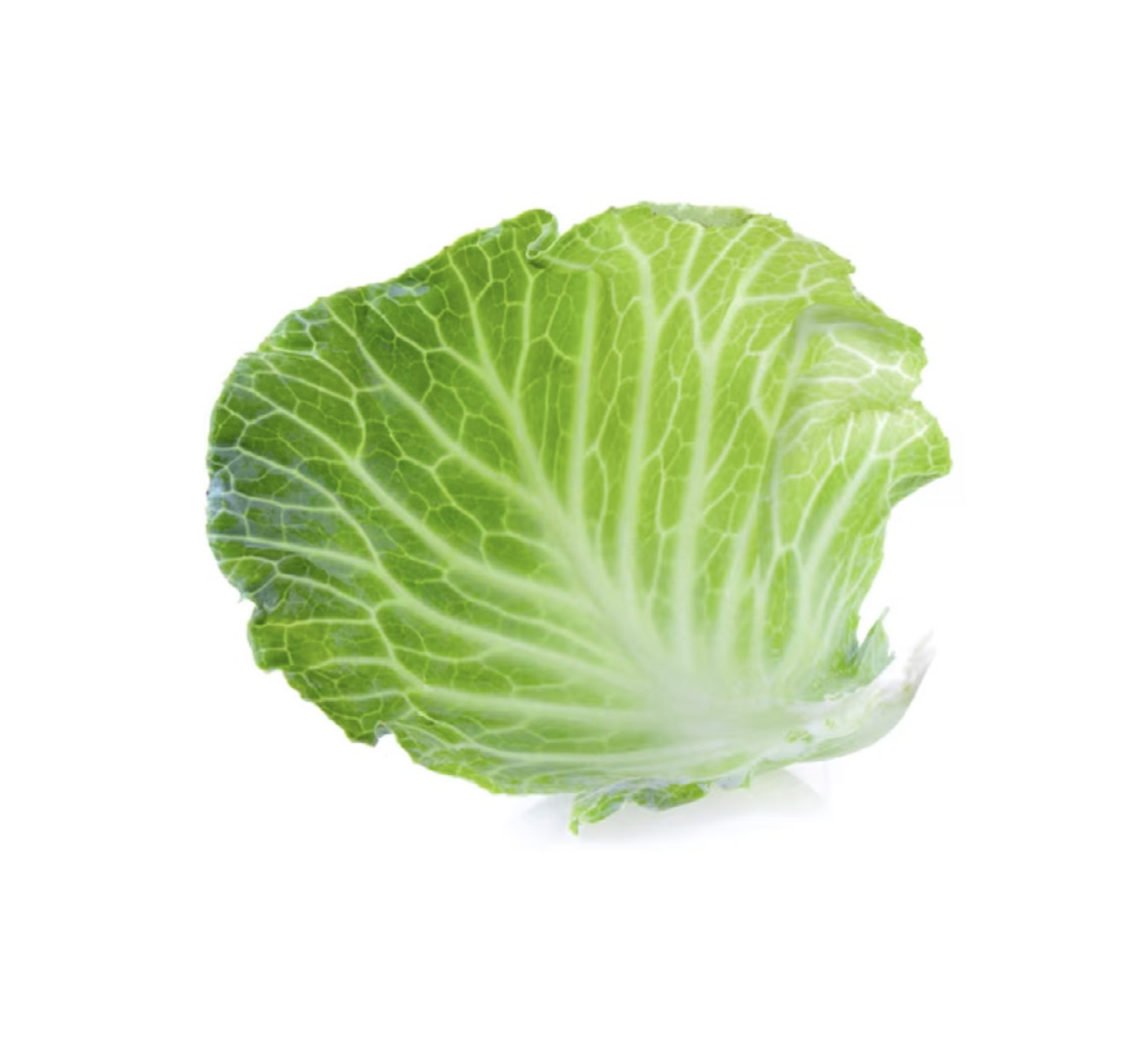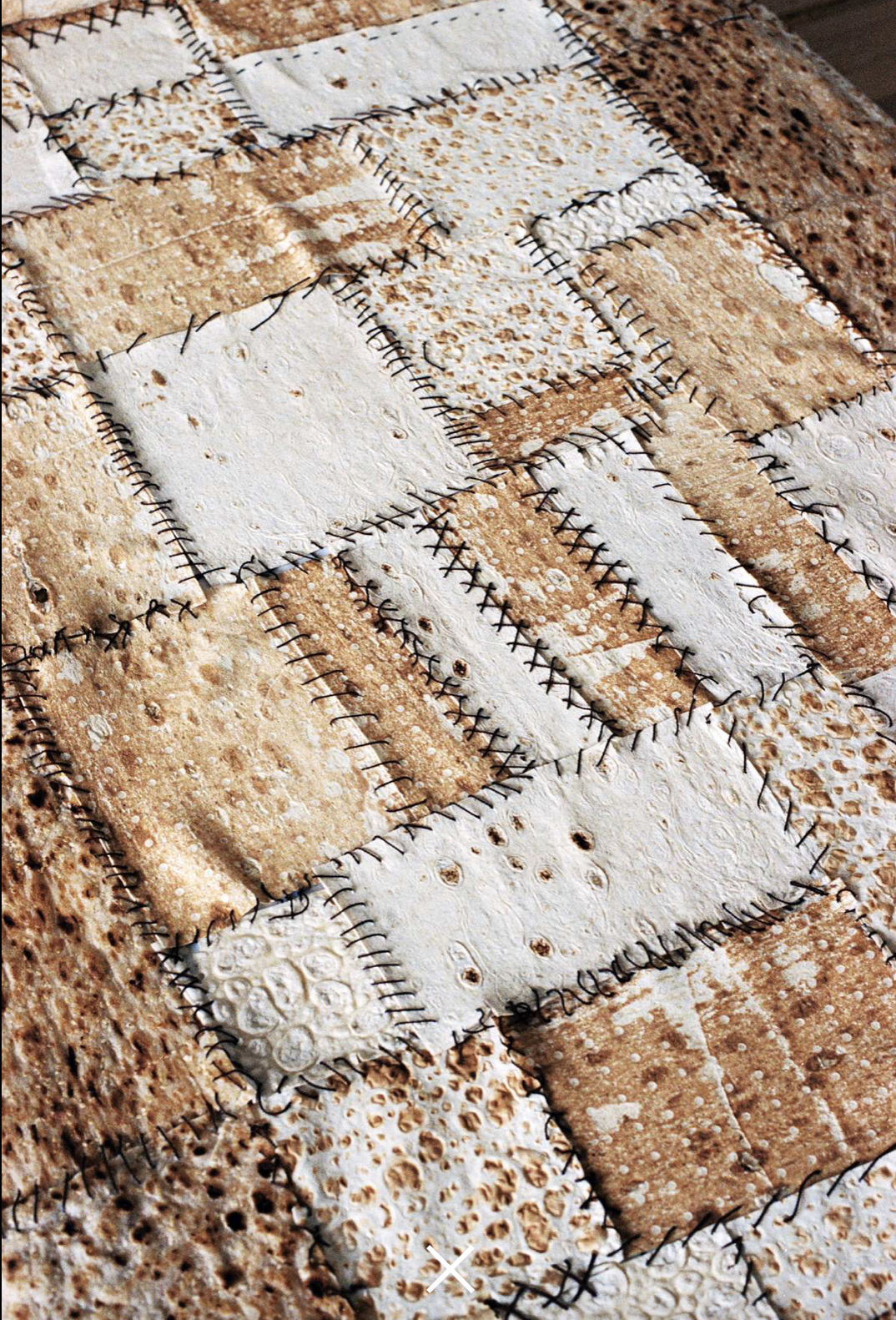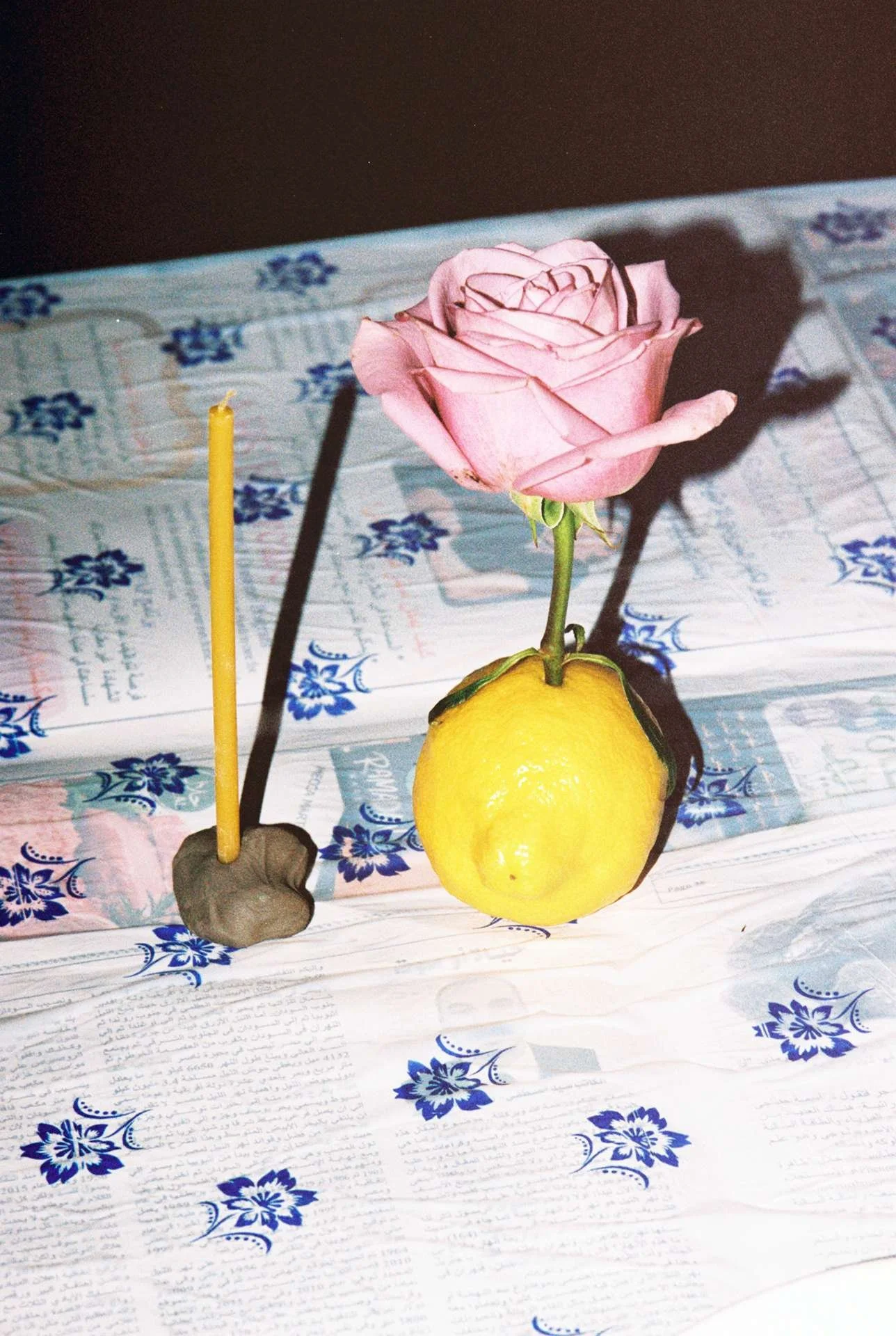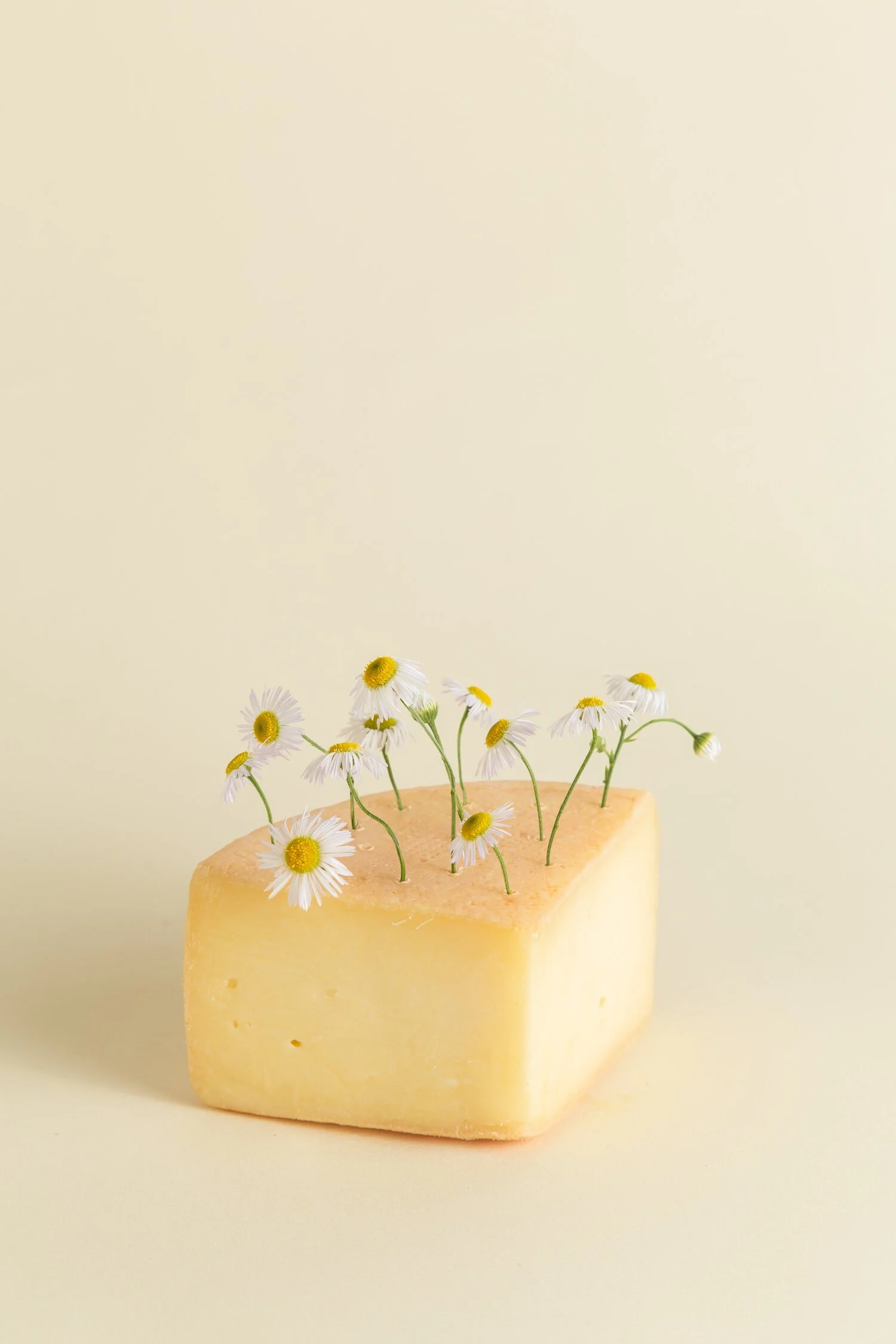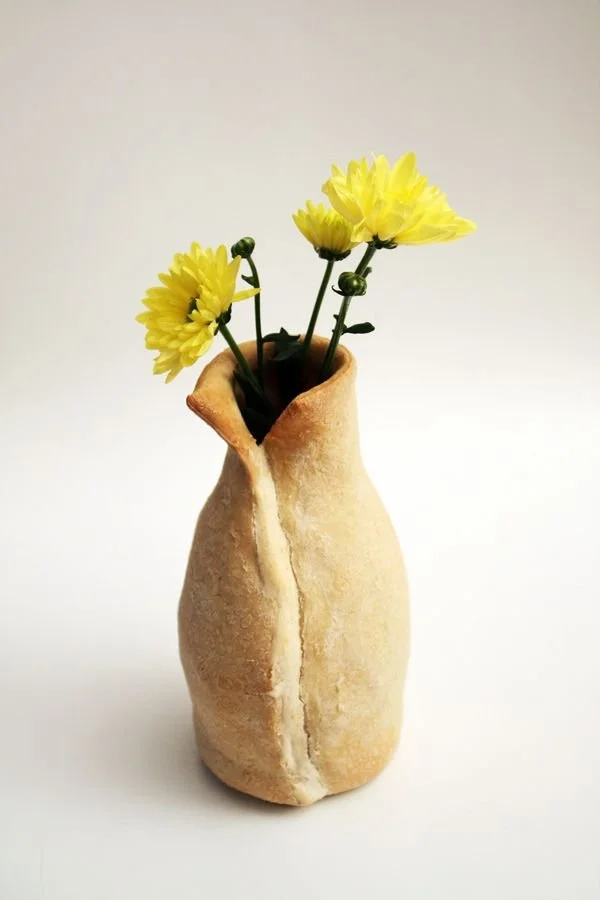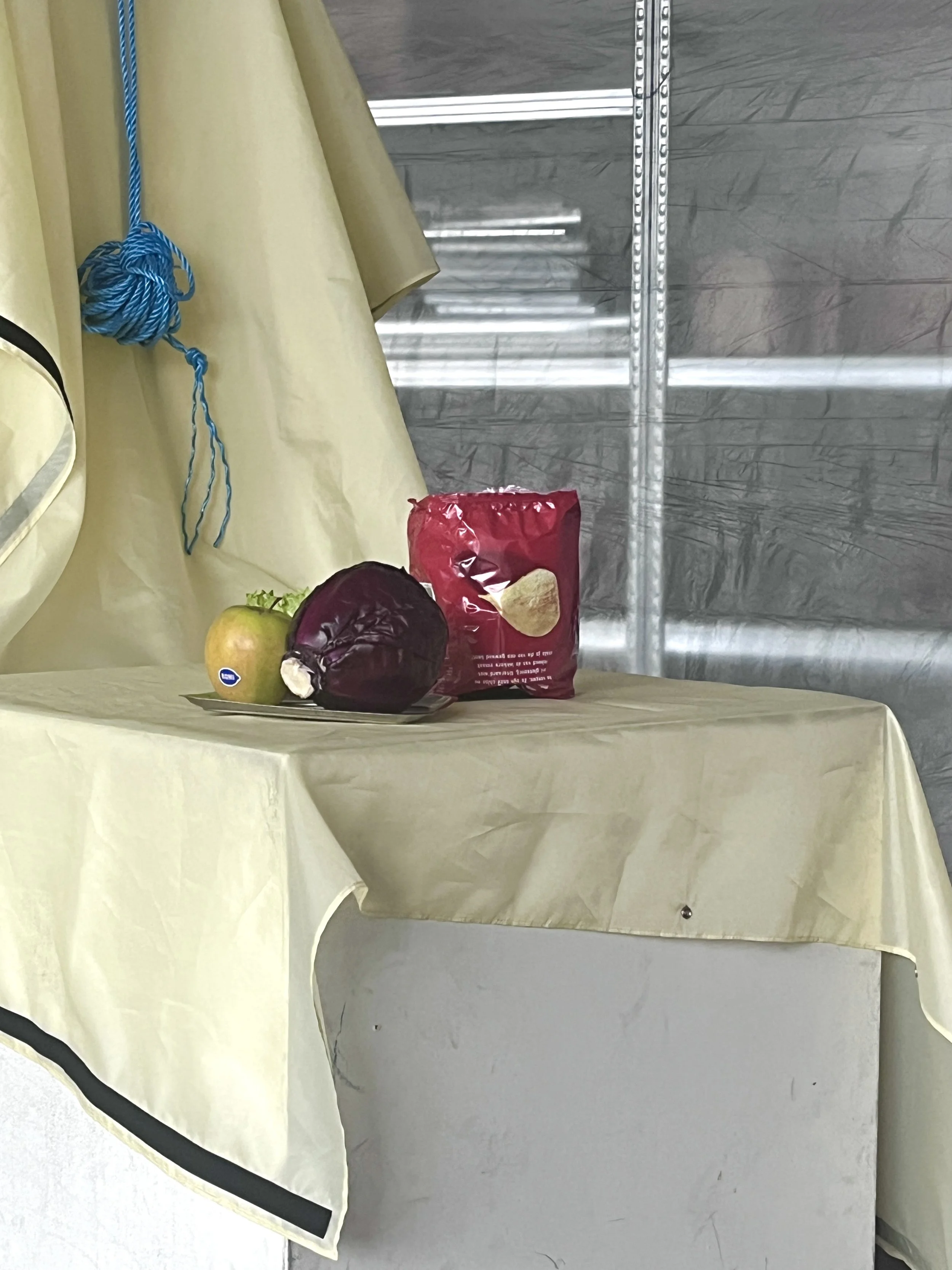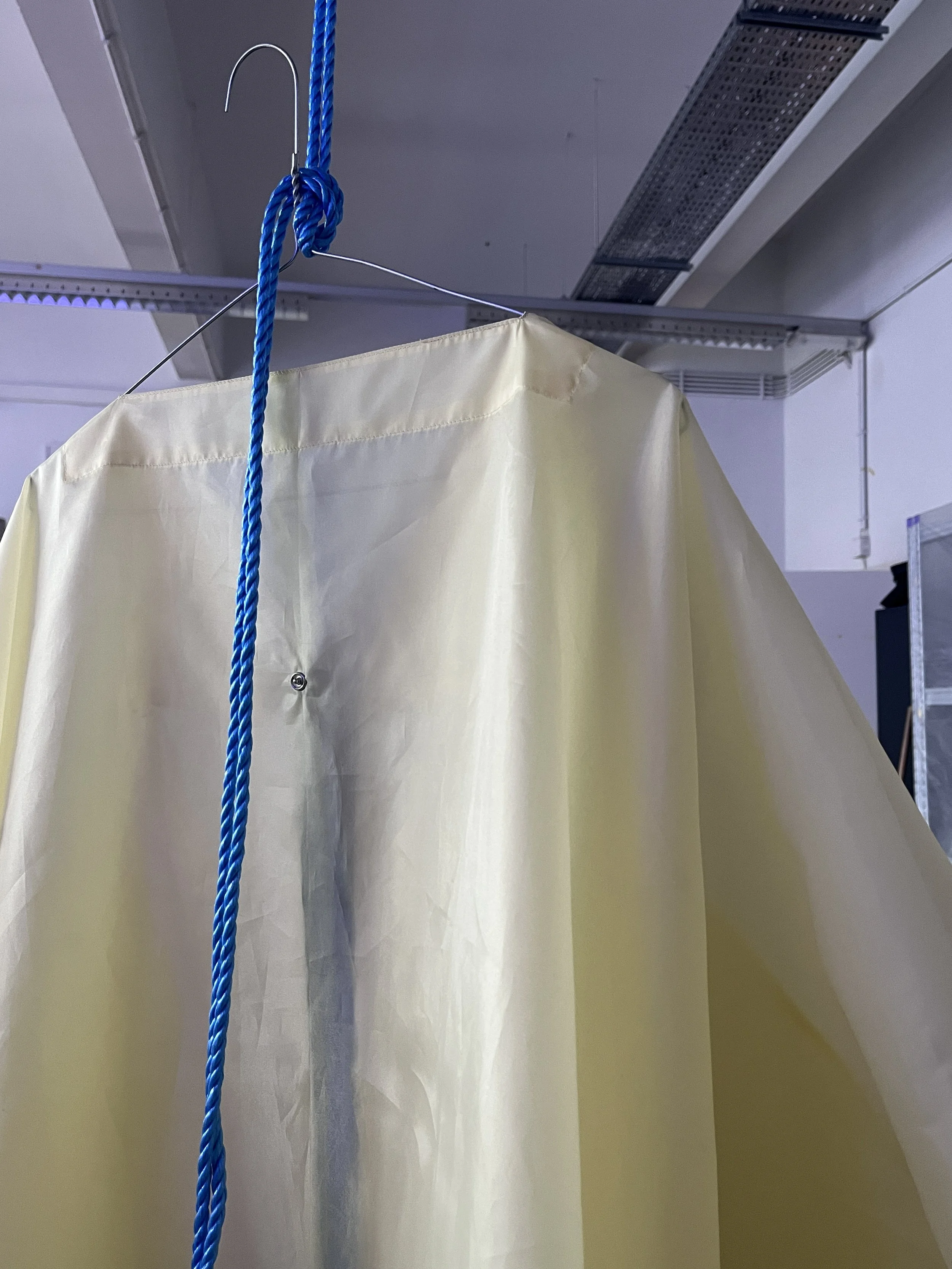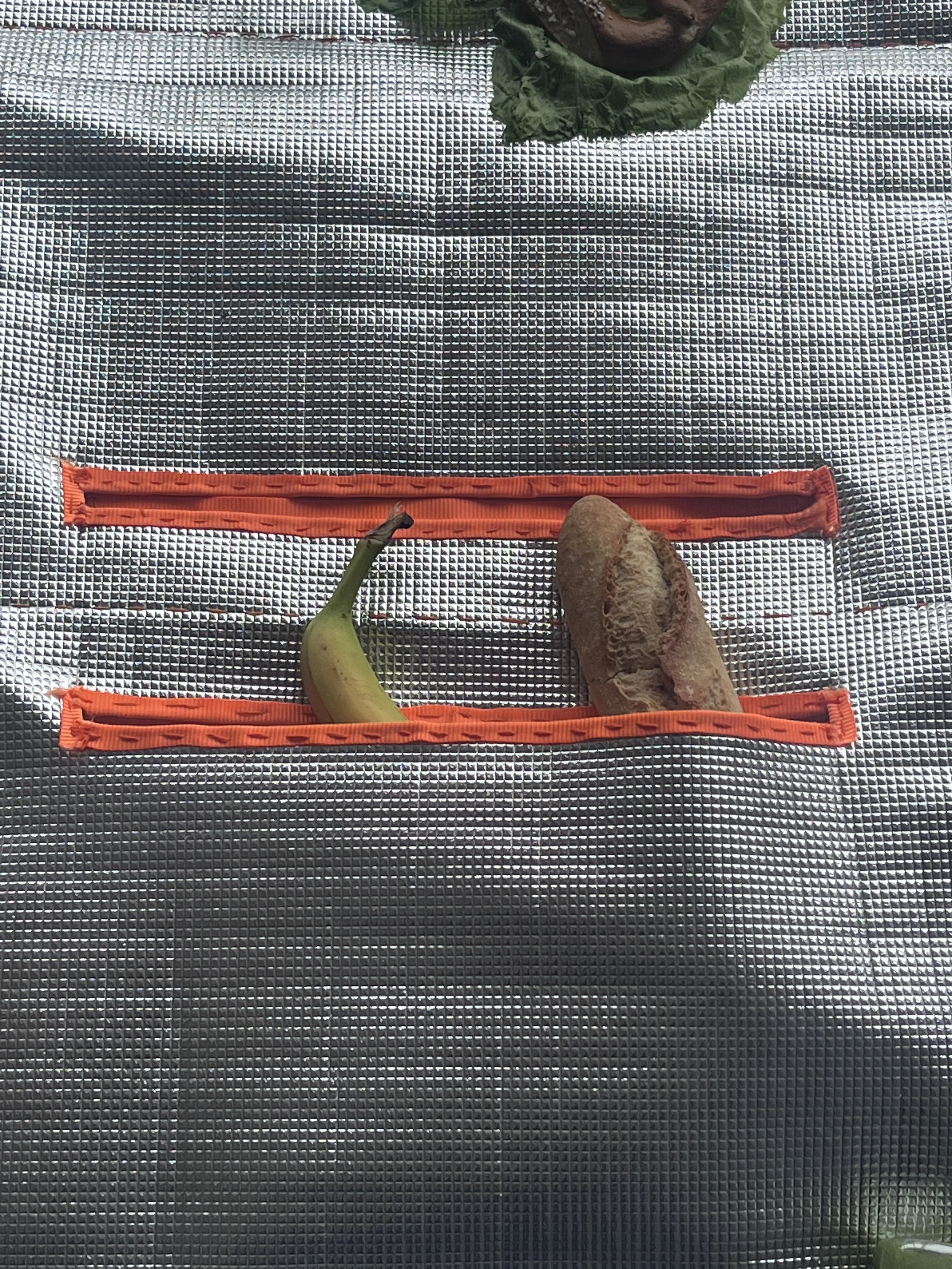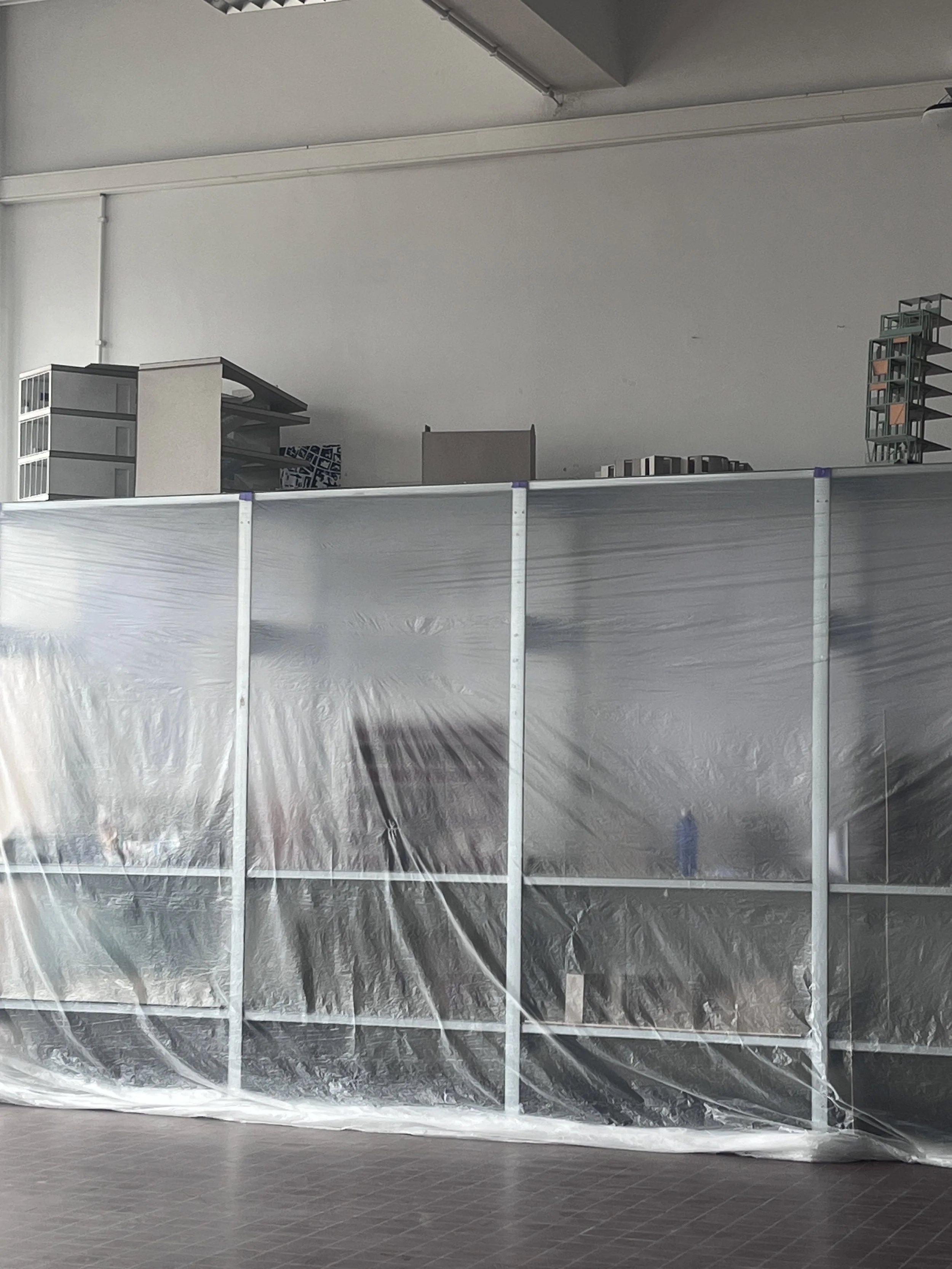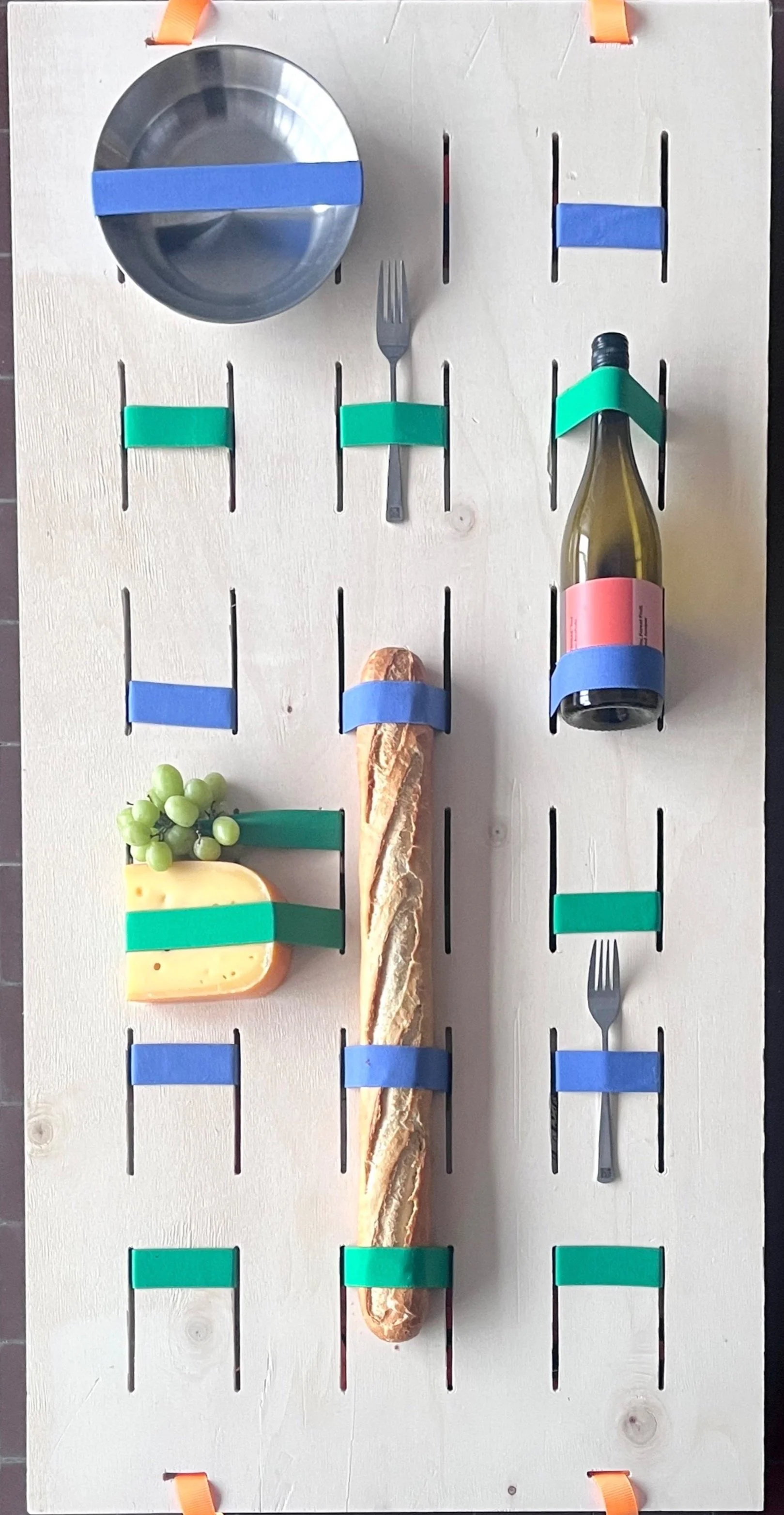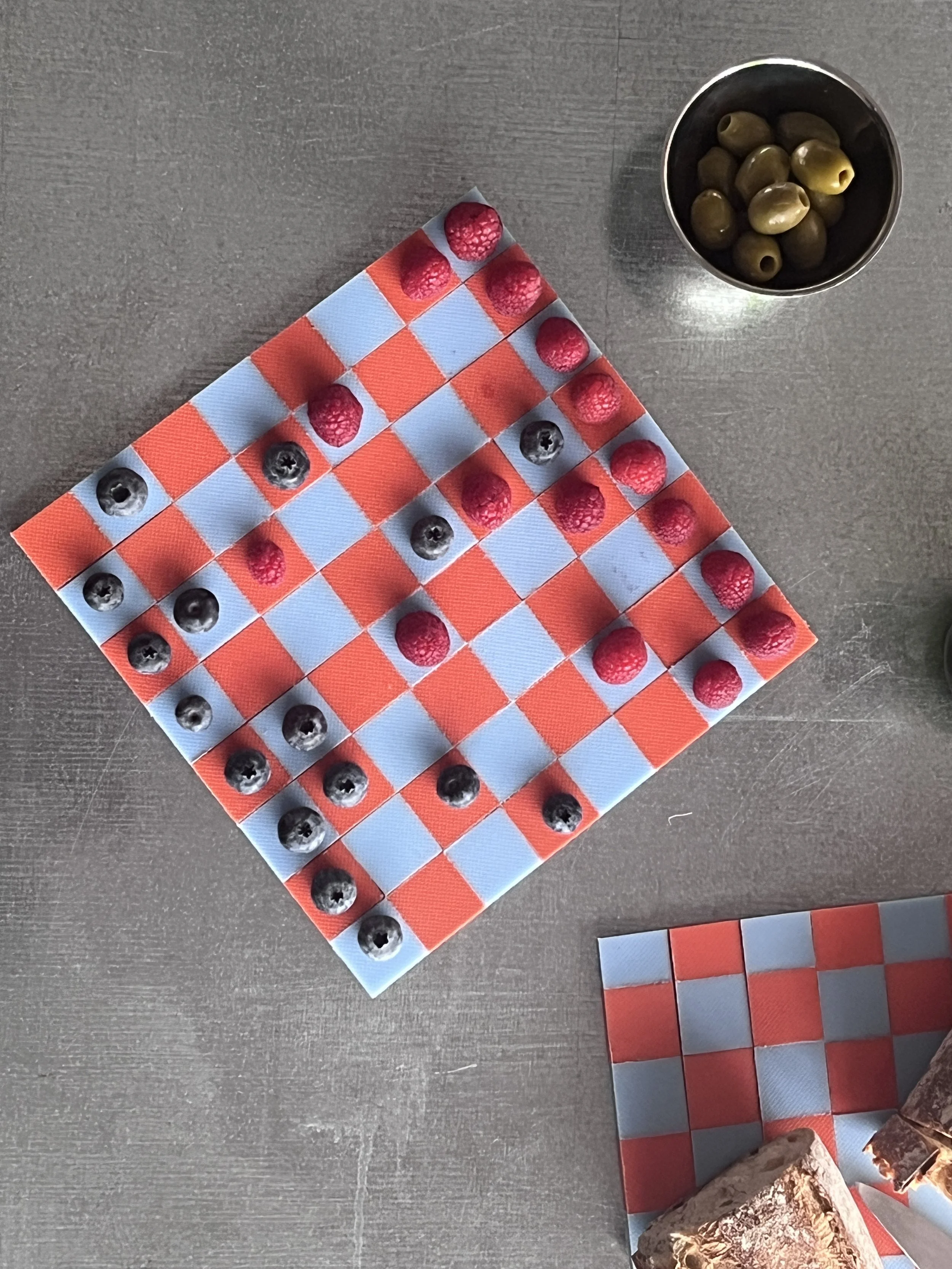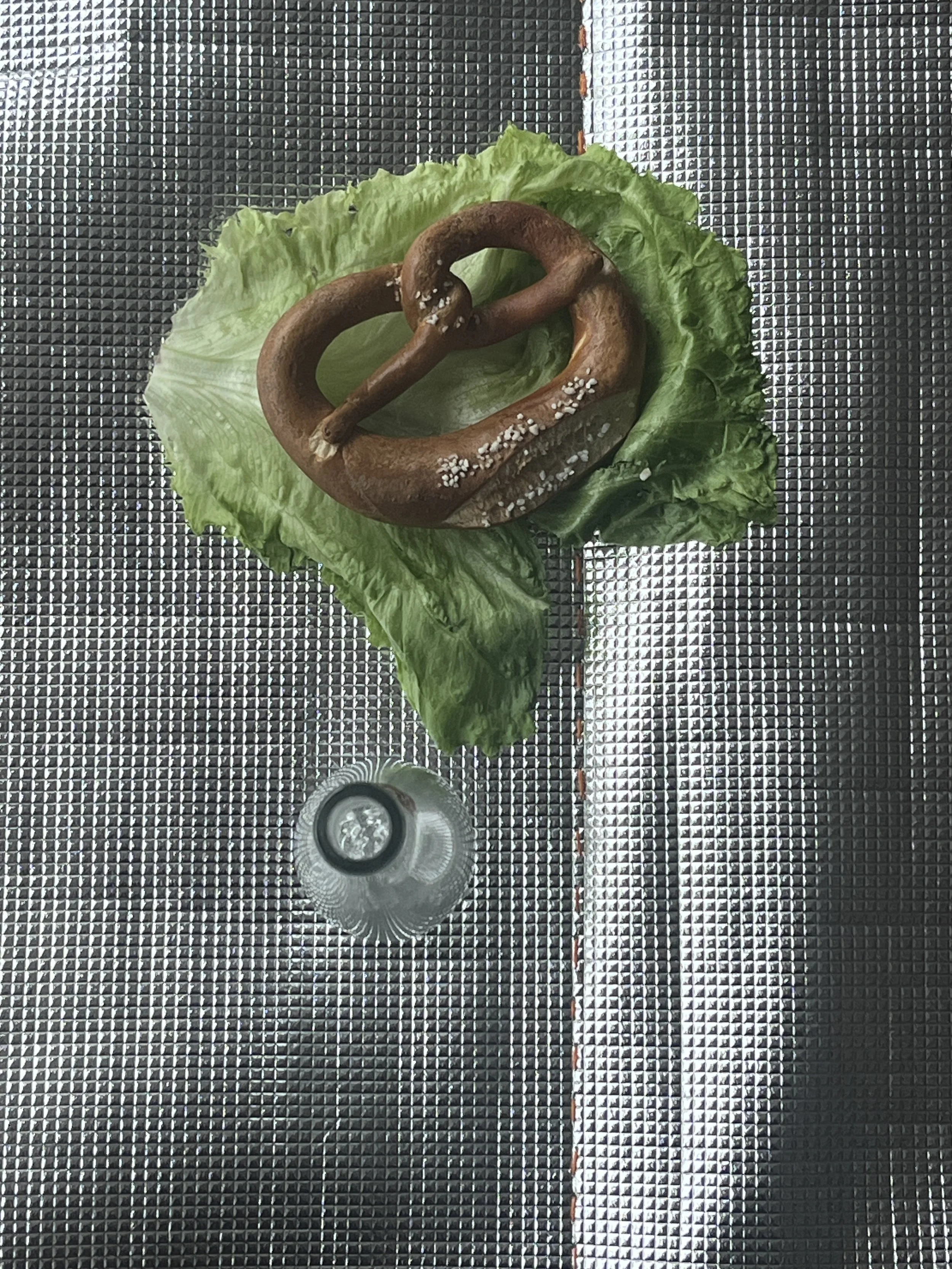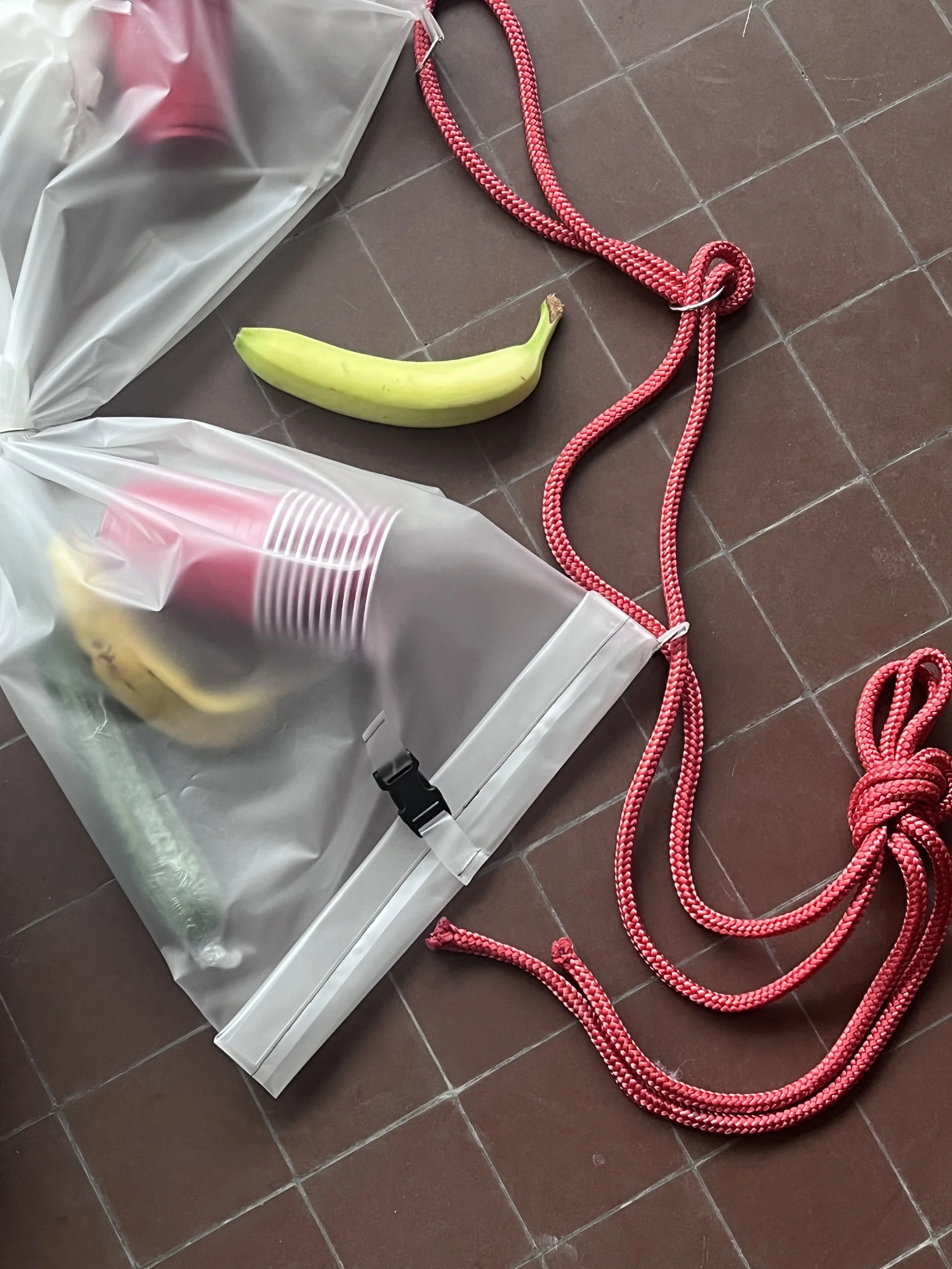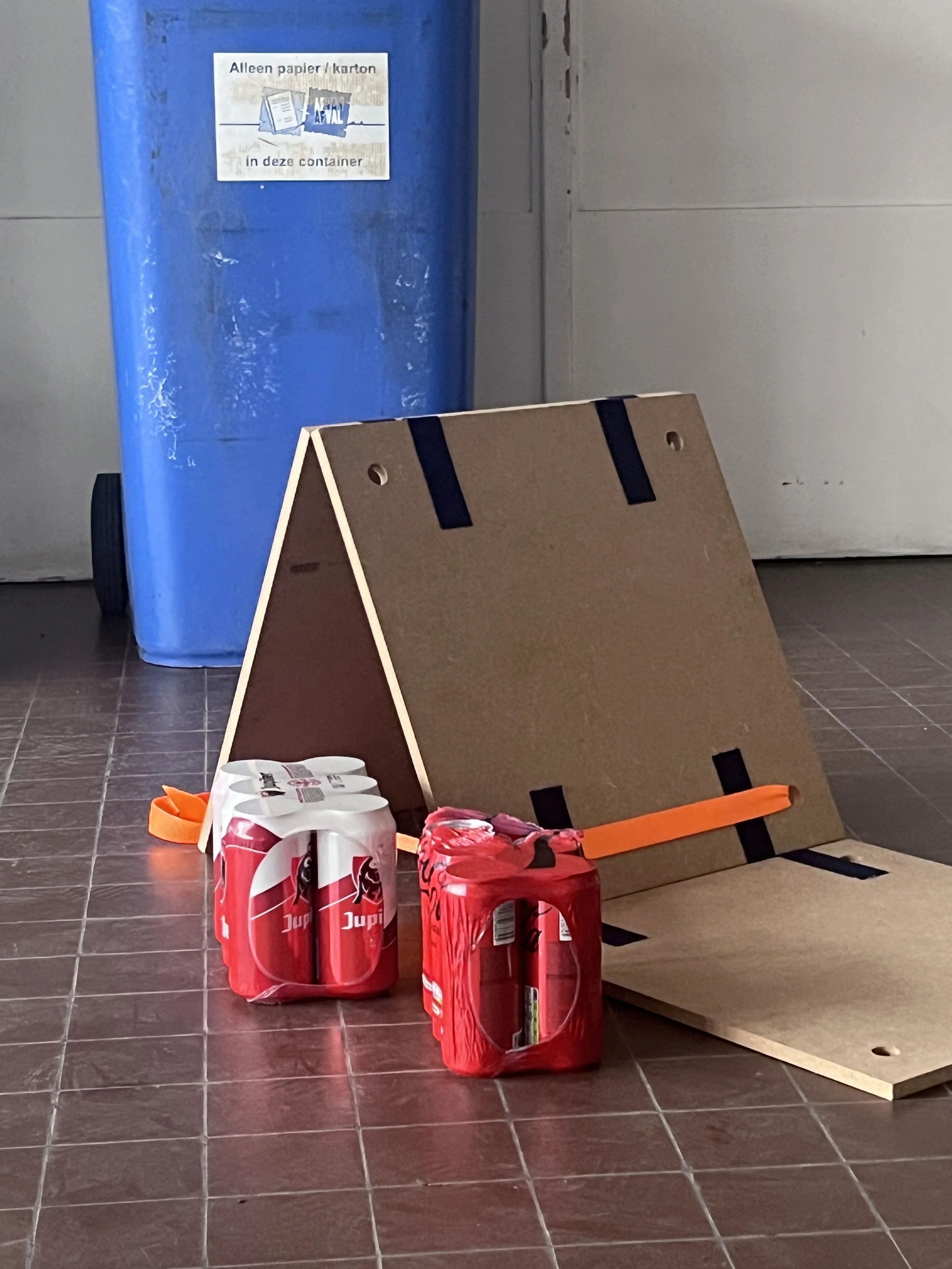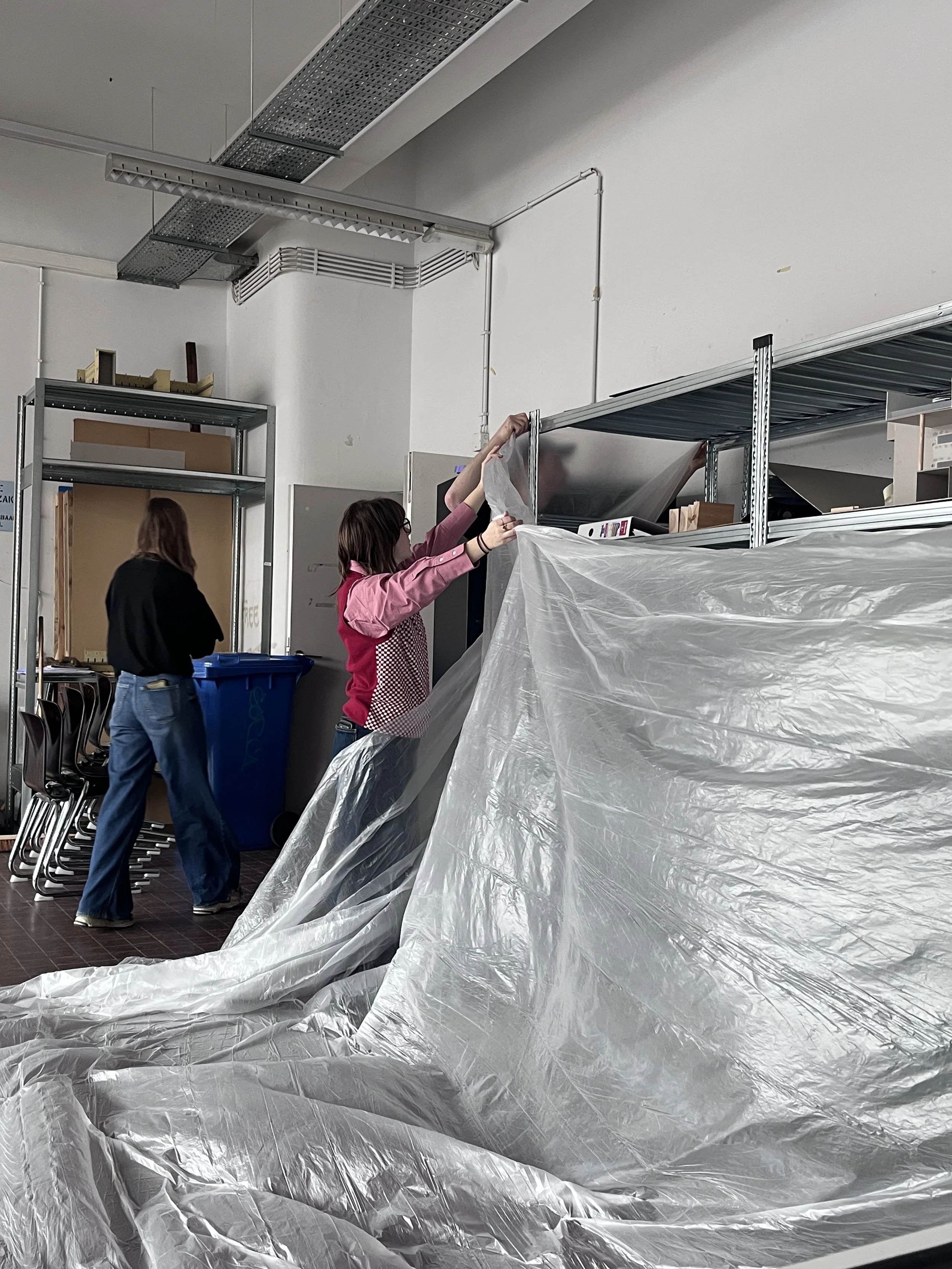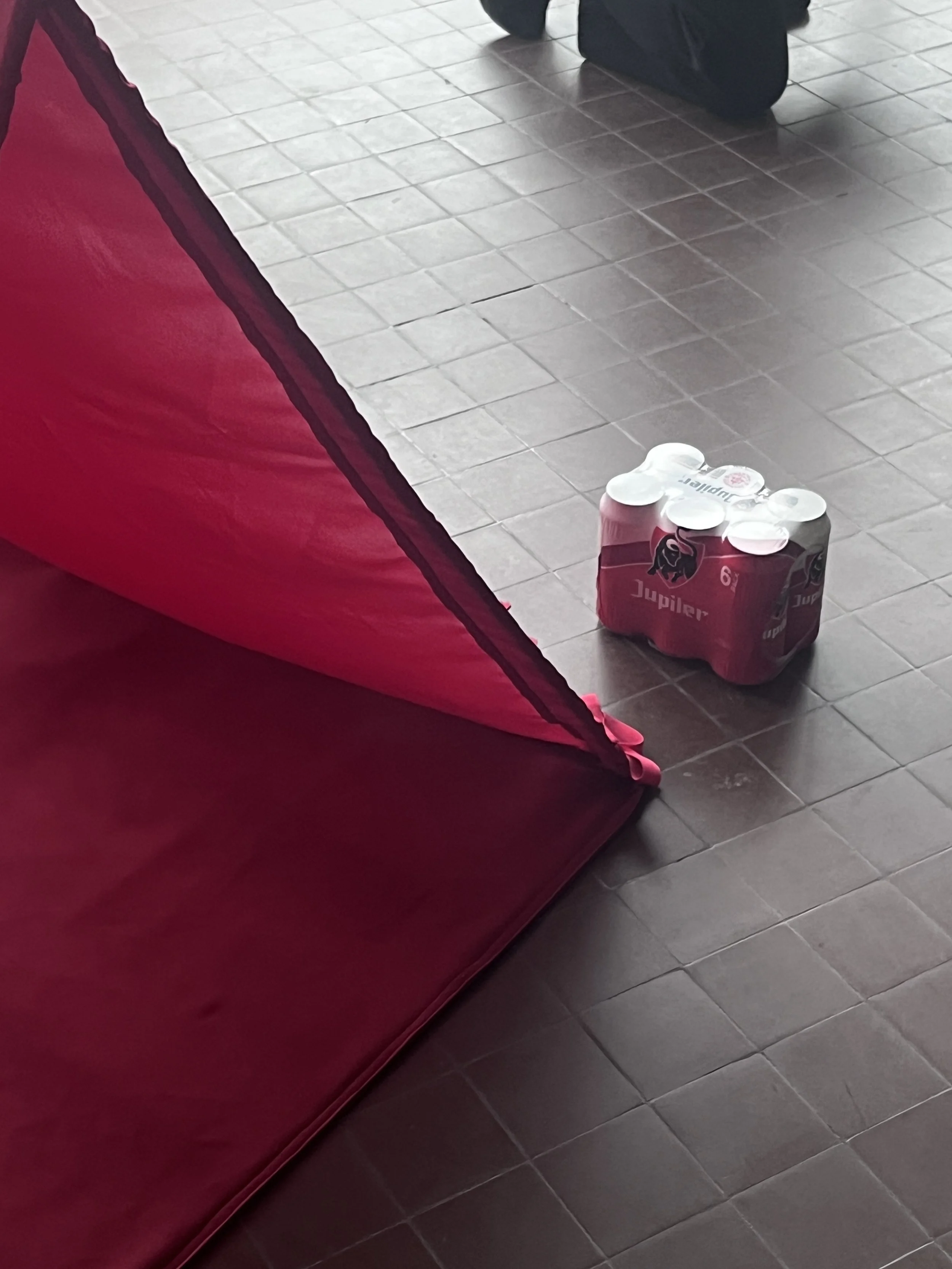PASTA SALAD
Lecture for PASTA SALAD: WS IDW 2025 Antwerp University
LECTURE WS PASTA SALAD BY A MULTITUDE
Xander Wilhelm and Celeste Tellarini
Year: February 2025
Lecture “(ELEGANT) TRANSGRESSION”:
pic nic as the reinterpretation of the table’s archetype.
Xander Wilhelm and Celeste Tellarini attended one of the fifteen workshops at the IDW 2025 (International Design Workshop Week University of Antwerp / Faculty of Design Sciences in collaboration with the Royal Academy of Fine Arts Antwerp).
Following the description of the workshop:
”In an era of food delivery and individuality, we propose a journey back to the primary act of sharing a meal. We aim to reimagine the picnic as an act of coming together and celebrating our shared spaces, where the preparatory work necessary to the final event is as crucial as the event itself. Planning, coordinating, discussing, solving and inventing are in fact already part of the ritual.
The picnic, a timeless tradition, serves as our canvas. It represents a low-threshold, accessible way to break free from our domestic routines and engage with each other, experiment with other ways of performing ordinary actions and take a break from the hectic everyday obligations. The workshop will explore the art and science of picnicking, viewing it through the lens of design. We will start by evaluating the specificcharacteristics of mobile dining equipment, how it differs from our everyday household objects and experiences.
The focus will be an investigation of a series of tools that enable temporary inhabitation. Participants will develop innovative ideas for picnic equipment along the topics of transportation, seating, cutlery, weather protection, playing and entertaining. Our goal is to create tools and utensils that serve practical purposes but also think beyond our traditional understandings. Something as simple as a picnic will provide us with many questions not only on social interactions but on sustainability, cultural biases and the limits of design.
During the workshop we will explore different categories of tools and facilitators, developing ideas through prototypes. The final day will be a picnic, a joyful moment in which the daily camping equipment will be tried and tested during the event.”
(ELEGANT) TRANSGRESSION
The origins of the picnic date back to the 1600s when the wealthy would dine outdoors during hunting sessions. It emerged as an elegant act of transgression against the overly structured and formal “gatherings around the table” of the time. A more relaxed arrangement that fosters conviviality and connection between individuals, food and objects over the rigidity of table etiquette.
The picnic can be seen as a reinterpretation of the table’s archetype and its elements. These elements participate the ritual of the table (the mise en place) across cultures and eras, and can be categorized into four types: containers (such as plates, trays, and vases), glasses (for different types of beverages), cutlery (utensils to stir, cut, eat) and accessories (including candleholders, cutlery rests, and textiles).
To enhance this transition form a formal practice to a more spontaneous system (of people, food and objects) we have to question the last bits of etiquette: traditional tableware.
Throughout the lenses of the four types we will push this sense of transgression and redesign the traditional vision of these utensils. The food the students will choose will be removed from its usual context and transformed into unconventional tableware—objects that can be eventually consumed either after the meal.
Together, we will explore historical and cultural examples that illustrate how food is not merely something to be consumed but also an active participant in the ritual of the table itself.
The purpose of this exercise, and its contribution to the final picnic, is to amplify this sense of (elegant) transgression by making food the central element of the entire gathering.
Pictures of the final event
